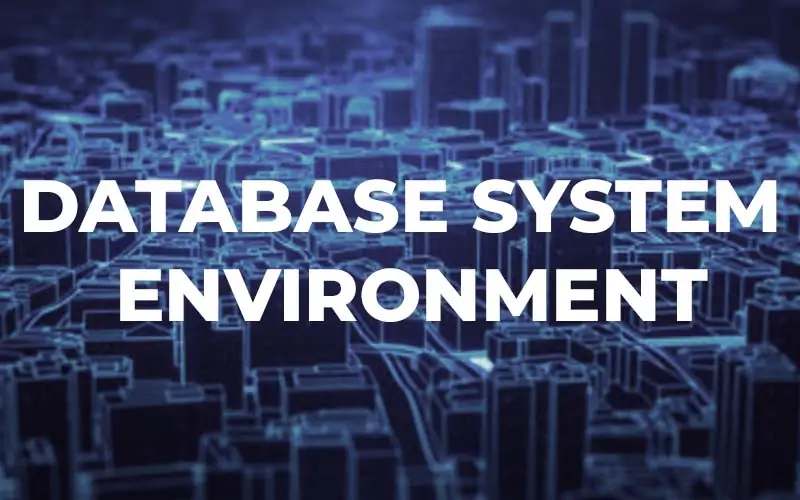What is End User Involvement in Management Information Systems (MIS)?
End User Involvement:
Any new way of doing things generates some resistance by the people affected. Thus, the introduction of computer-based information systems can generate a significant amount of fear and reluctance to change. Whatever the reasons for end user resistance, it is the responsibility of managers and information system professionals to find ways of reducing the conflict and resistance that arise from the development and use of information systems. Solving the problems of end user resistance requires meaningful end user involvement based on formal methods of:
- Education and training.
- Participation in systems development.
- Communication and coordination between end users and information systems staff.
Education and Training.
Managers and end users must be educated in the fundamental of information systems technology and its application to business operations and management This basic knowledge should be supplemented by training programs for specific hardware devices, software packages and end user applications.
End User Participation.
End users should be placed on project trams charged with the development of major organizational informational system. Direct end user participation should provide the type involvement that can improve the quality of information services and reduce the potential for end user resistance.
This involvement helps assure that the design of computer based information systems meets the needs of end user. Systems that tend to inconvenience or frustrate their users cannot be effective systems, no matter how efficiently they process data.
Communication and Coordination.
Several methods of communication and coordination between end users and information systems professionals are employed by successful organizations. For example, some firms create user liaison positions or help desks with end user “hot lines”. Information systems specialists with titles such as user consultant, account executive or business analyst may be assigned to end user work groups.
These specialists perform a vital role by troubleshooting problems, gathering and communicating information, coordinating education efforts and helping end users with applications development.
These activities improve communication and coordination between end user work groups and the corporate information services department and avoid the run around that can frustrate end users. Of course, the creation of information centers that provide hardware, software and consulting services to end users is a major alternative used by many companies.



